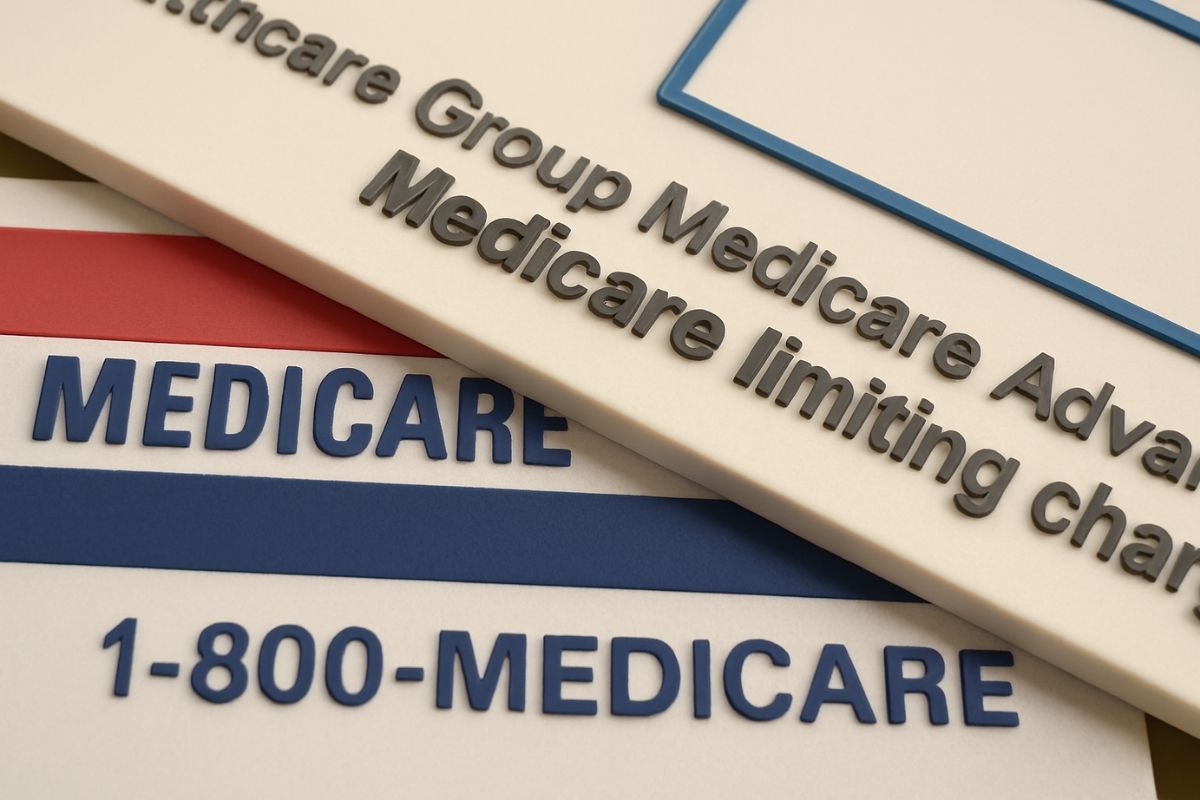For now, at least, the days of Medicare Advantage’s explosive growth are finished.
Many seniors appreciate the benefits offered by medicare Advantage. However, Such benefits, Such as free gym memberships and dental coverage, are being reduced.
The Wall Street is supporting insurers as they reduce coverage and leave unprofitable markets. Companies are now being commended for exercising restraint in the face of growing medical costs and declining government reimbursements. In contrast, investors once praised them for their quick growth in the profitable privatized Medicare program.
Despite a general decline in health-insurance stocks, Humana and CVS Health, the company that runs Aetna, both exceeded earnings forecasts in their most recent quarterly reports and saw an increase in their shares.
Both companies made the notable decision to cut back on their Medicare Advantage operations this year. Humana estimates that its plans sold directly to seniors will lose up to 500,000 members.
The industry titan UnitedHealth Group, on the other hand, expanded more rapidly in Medicare this year, but the growth was accompanied by skyrocketing costs and unsatisfactory outcomes.
The company is now preparing a significant pullback of its own for 2026 after its stock has dropped by almost half in value. As a result, insurers are discovering the hard way that regaining profitability requires allowing their Medicare Advantage rolls to grow or shrink less.
Medicare isn’t the only program experiencing a pullback. Medicaid and the Affordable Care Act (ACA) exchanges are currently undergoing similar retreats.
According to insurers, they are not voluntarily withdrawing. Medicare Advantage was the golden goose for years, generating consistent growth and comparatively high margins. This led to a deluge of plans that were more generous in an attempt to gain market share and seniors.
That plan is now failing as Wall Street becomes increasingly concerned about the unpredictability of government program profits. Republicans have long defended Medicare Advantage as a more affordable option to traditional Medicare that would save taxpayers money.
However, as claims of overpayment to insurers grew, the program came under increased bipartisan scrutiny, and the Biden administration took steps to control expenses. For investors, the timing couldn’t have been worse: A perfect storm of decreased revenue, increased costs, and declining profits resulted from the collision of lower payments with skyrocketing medical expenses.
According to Deutsche Bank analyst George Hill, one reason CVS and Humana are recovering faster than the industry is that they were among the first to be impacted by Medicare Advantage’s skyrocketing medical costs.
CVS was particularly aggressive in 2024, offering generous benefits in an attempt to gain market share, but it ended up suffering significant losses in the Medicare segment.
After the company’s stock plummeted in 2024, the board replaced Chief Executive Karen Lynch with David Joyner, who announced the company’s withdrawal from the ACA exchanges and put the company’s profitability ahead of enrollment growth.
As the costs of its Medicare plans increased, Humana had to face its own reckoning.
Since they prioritised margins, both businesses have seen an improvement in their financial situation. Both CVS and Humana increased their annual profit projections in their most recent quarterly results reports.
Since releasing its earnings on July 30, Humana has increased by roughly 6%. In contrast, CVS has increased by almost 40% this year. With pressure on all of its insurance businesses, UnitedHealth is now doing the same. According to the health conglomerate, it is changing its pricing strategy for 2026 to account for significantly rising medical costs.
This includes reducing benefits and leaving Medicare Advantage plans, which would result in 600,000 members losing their coverage.
Numerous members who were dropped by Humana and CVS this year ended up in UnitedHealth’s plans. This has sparked worries about a high-cost population that keeps switching between insurers.
James Rechtin, the CEO of Humana, disagreed, stating that all members can make money with the correct product design. He referred to the industry-wide benefit reductions as “good for the sector.” KFF.
Major insurers are not leaving Medicare Advantage, to be clear. The major players are still betting on Medicare, with the exception of Cigna, which sold its Medicare division last year.
Some of them are probably going to use the unrest to gain market share. Furthermore, it can be argued that the market is still competitive and well-served, particularly in areas with high population density.
According to health-research nonprofit KFF, the average beneficiary this year had 42 plan options to choose from, even after some moderation last year.
Wall Street Journal might regain trust as the sector shifts to leaner operations. But, for the time being at least, the heyday of Medicare Advantage expansion is over.
According to Deutsche’s Hill, Republicans are under increasing pressure to reduce spending, particularly in light of recent tax cuts, even though Democrats have spearheaded efforts to reduce overpayments.
He cautions that additional regulatory changes could be on the horizon, such as a possible revision to the star ratings system, which controls billions of dollars in bonus payments dependent on patient satisfaction and plan quality.
Investors will continue to reward moderation and carefully controlled risk until that picture becomes clear. Today’s Medicare Advantage market and other government insurance programs prioritize profitability over growth.
Source : WSJ.com



